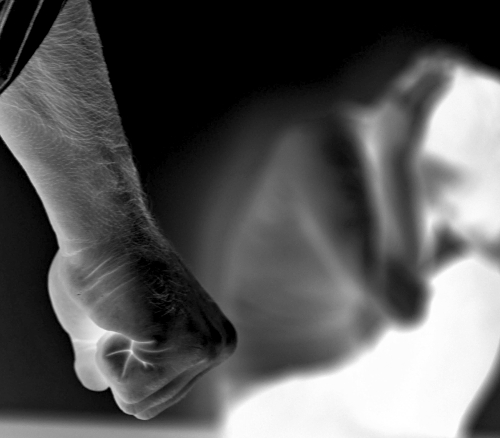Councils join anti-violence drive
 Councils across Victoria have joined a global campaign to eliminate gender-based violence.
Councils across Victoria have joined a global campaign to eliminate gender-based violence.
Sixteen days of activism began on Sunday, 25 November with International Day for the Elimination of Violence Against Women and will end on Monday, 10 December with International Human Rights Day.
This year’s campaign for ‘Victoria Against Violence’ is carried under Respect Victoria, a new statutory body initiated to prevent family violence and all forms of violence against women.
Cr Mary Lalios, President of the Municipal Association of Victoria (MAV) welcomed the introduction of Respect Victoria in the fourth year of ‘Victoria Against Violence’, in recognition of the impacts of gender-based violence and the role of local government in its prevention.
“I am thrilled to celebrate as the MAV’s first popularly-elected female President that we have – for the first time in our 140-year history – a female CEO, Ms Kerry Thompson,” she said.
“As an organisation we are definitely making progress in gender equality. It is the first time all 79 councils in Victoria have at least one woman on council, with 14 councils having a female majority.
“However, there is still much more to be done for the wider sector. The MAV is committed to encouraging more women to nominate in the lead-up to the 2020 council elections.
“We celebrate the increase in women elected to important civic leadership roles, however we still have work to do in meeting the 50/50 target set out in Victoria’s gender equality strategy, Safe and Strong.”
Speaking at the MAV’s gender equality forum ‘An Equal Future’ on 13 November, Cr Lalios said the State’s commitment was instrumental in creating access to equal opportunities for women and girls in Victoria.
“The leadership, readiness and interest of councils to engage and build their expertise in gender equality and the prevention of family violence is evident through the demand expressed for the Free from violence local government grants program. 35 councils are receiving funding from this $2.7 million grants pool,” Cr Lalios said.
“The MAV has been resourced to support these 35 councils to implement their projects and build prevention capacity, alongside our ongoing role working with all 79 councils. These projects are incredibly diverse – a number have an internal focus to build capability and embed primary prevention principles and activity in their organisation, while others have an outward focus to scale-up or develop innovative programs tailored to local communities.
“It is so important that we continue to collect and share our stories of local government engagement, leadership and innovation in this space with evidence about what works and what doesn’t.
“We all need to continue building our collective skillset for achieving gender equality – in our homes, workplaces and the services we deliver – we need to work together so that everyone benefits from an equal future,” she said.







 Print
Print